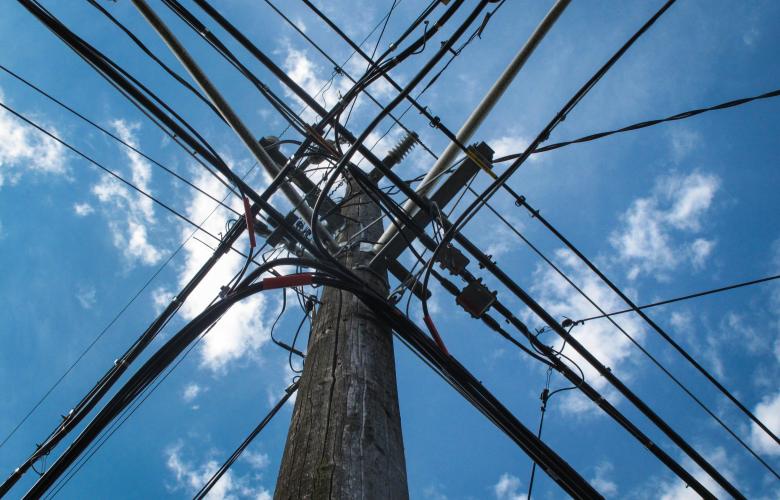There's a lot of talk in Bali these days around New and Renewable Energy, referred to as EBT in Indonesia, largely because the island's flourishing tourism industry relies so heavily on reliable supplies of electrical power to deliver services and facilities to guests and the industry needs more.
One of the triggers for this debate centers on PLN's Java-Bali Crossing, which would bring much needed electricity from neighbouring Java.
But at what cost?
The plan has been met with concerns from both the local Hindu community (who believe it undermines tradition) and environmentalists (who believe it further weakens Bali's attempts at becoming energy independent.)
It was only a year ago that the Bali Provincial Government, alongside the then Minister of Energy and Mineral Resources, Sudirman, announced a number of initiatives focused around EBT, including installing solar panels on all government buildings.
Now it appears people and policies have changed and plans for new and renewable energy resources have been put on hold at least until after the forthcoming Gubernatorial elections scheduled for the end of June.
This policy change has had an impact on the EBT facilities already in place.
In 2013, solar power plants were inaugurated in the districts of Karangasem and Bangli, which were connected to the state electricity company PLN, who agreed to buy the electricity from the power plants.
However, both plants are already suffering from neglect, and that impacts their ability to deliver electricity to PLN at a competitive price. PLN is now reluctant to continue to buy the electricity because it's too expensive.
Geothermal opportunities are also being missed. In 2008, Bedugul was earmarked for a geothermal power plant, but because of environmental and religious concerns from the local community there has been no significant progress in driving the initiative forward.
For many, EBT just hasn't worked, further underscoring the importance of continuing with the Java-Bali Crossing project to satisfy Bali's tourism industry.
But for environmental activists like Iwan Dewantama from Conservation International Indonesia, EBT hasn't been given a fair chance. It's actually more important to streamline existing supplies than to increase the amount of electricity based on just economic growth predictions, he argues. So long as electricity is produced and supplied cheaply by PLN things will never change and the dream of Bali becoming energy independent will not be realized.
Source: Kumparan, Tribun Bali
Similar to this:
Is Bali better off being energy independent?
Will Green Bonds fund a million homes?
Creating jobs for grassroots communities across Indonesia





